Courses
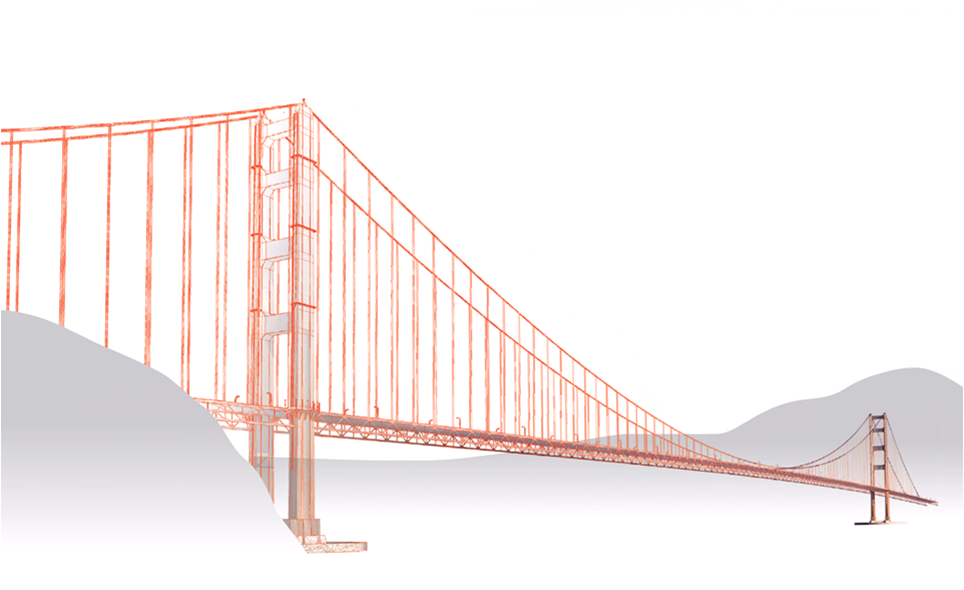 Requirements Engineering (02264)
Requirements Engineering (02264)MSc course at DTU, 10ECTS, E3
Getting software do things right is hard, getting software to do the right thing is incommensurably harder. That is what Requirements Engineering is all about: How do we find out what the software is supposed to do? And why is it supposed to do just that? Addressing questions such as these, Requirements Engineering is situated between the client and user, the management, and developers, and other stakeholders. It is like a bridge between different banks of a river. Requirements Engineering sits right in the middle between the problem domain and the solution domain.Read more >>> Model-Based Software Development (02341)
Model-Based Software Development (02341)BEng course at DTU, 5ECTS, F3b
MBSD is an approach to drastically increase the productivity and quality of software development, including operation and maintenance of software products. MBSD tries to achieve this through using models rather than code, and as such, allow developers to work on a higher level of abstraction than in conventional programming. MBSD is by far the most promising approach to tackling this problem, and evidence so far supports it. On the other hand, MBSD is far from generally accepted or used in practice, and there are many issues with it. So, this course will not give you a magical Silver bullet to solve all Sw. development problems. But this is the state of the science.Read more >>>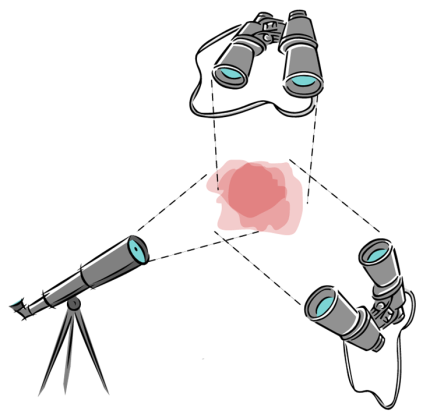 Empirical Research Methods in Informatics (02932)
Empirical Research Methods in Informatics (02932)Intl. PhD/MSc honors course, 5 ECTS, August 15-19, 2016
Since the term "Software Engineering" has been coined in 1968 at a NATO conference in Garmisch, this field has been dominated by theory building, mostly using mathematical methods and programming. However, this has changed over the last decade. Now, the methodological focus has moved to include empirical methods ‐ and they become more are more important. In the future, purely conceptual and implementation work will not satisfy the accepted standards of scientific work any longer. Summer School 2016 Homepage>>> Course Series Homepage >>> DTU course base entry >>>-
 Empirical Research Methods in Software Engineering
Empirical Research Methods in Software EngineeringTutorial series (2013-2014)
This half-day tutorial is cut-down version of the "Empirical Research Methods in Informatics" course run regularly at DTU. It has been run at ECOOP 2013, and will be submitted to other upcoming venues soon. Read more >>> 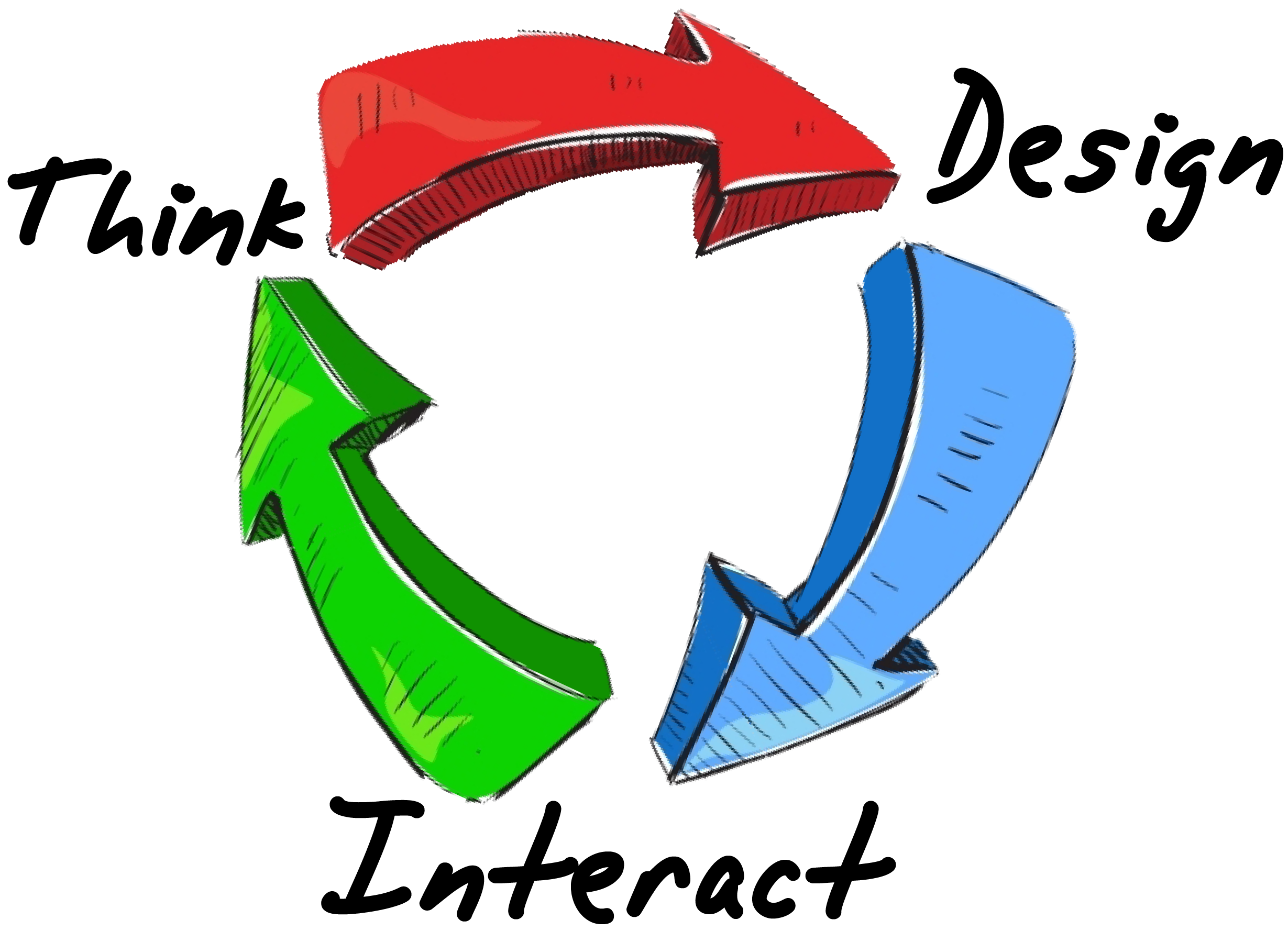 Think-Design-Interact
Think-Design-InteractInternational summer school at DTU, August 2012, in collaboration with BEST
Classical engineering starts from a clear vision of a goal, systematically elicits and defines the requirements to achieve this goal, and then implements the requirements to reach an efficient and elegant solution. But what do you do if you have no idea where you're headed? How can, in other words, anyone be innovative not out of accident or genius, but in a systematic way? How could, for example, the folks at Apple possibly come up with the iPhone, or any other Game-Changer? TDI has been run as an international summer school in cooperation with the European Board of Students of Technology (BEST)
Read more >>>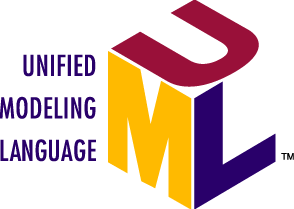 Unified Modeling Language
Unified Modeling LanguageTutorial series, 2005-2008
The Unified Modeling Language (UML) is the "lingua franca of software engineering", and every software engineer should understand it. In this tutorial, we provide an in-depth introdution that has been delivered five times with extents from 4 hours to 3 days. The tutorial is based on my UML books published by Addison-Wesley and Pearson Education. Collaborative Requirements Engineering
Collaborative Requirements EngineeringSpecial course at DTU, 2013-2014
This special course aspires to explore a way to facilitate the online collaboration between requirements engineers through a web-based server that offers services similar to those offered by a regular VCS such as Subversion or Git, but specialised to requirements specifications. The outcome of this course will be the RedColud component for RED.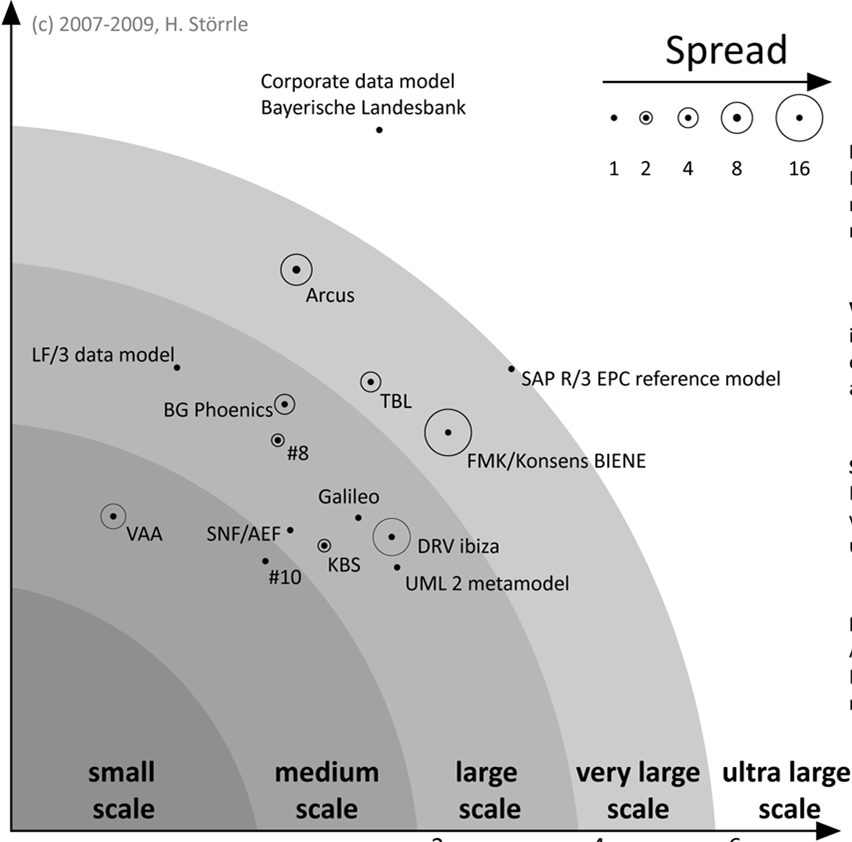 Management of Large Models
Management of Large ModelsTutorial series, 2006-2008
When models are used as a major developmental artefact, the number and size of models quickly grows very large, and their size becomes a challenge of its own. In this tutorial, we report experiences from a number of large and very large model-based projects that can help you master these challenges!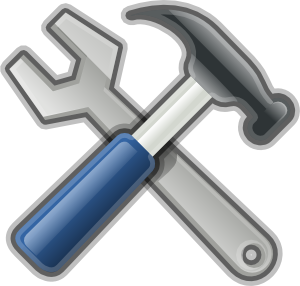 Model Transformation Languages I
Model Transformation Languages ISpecial course at DTU, 2013-2014
This special course aspires to produce a precise survey of existing approaches to model transformations for UML-like modeling languages. We use the established Mapping Study method to uncover trends in the field, and provide evidence to our hypothesis, that there many model transformation languages are being defined, few are actually used, and almost no evidence to their benefit exists, neither through experimental nor industrial validation.
Read more >>>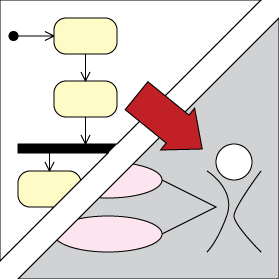 Model Transformation Languages II
Model Transformation Languages IISpecial course at DTU, 2014-2015
This special course aspires to study some of the most widely spread model transformation languages in detail, assessing their viability in an objective way through a commone example to compare them. This special course will be informed by the result of a previous special course in terms of which model transformation languages exist, and what their adoption is.